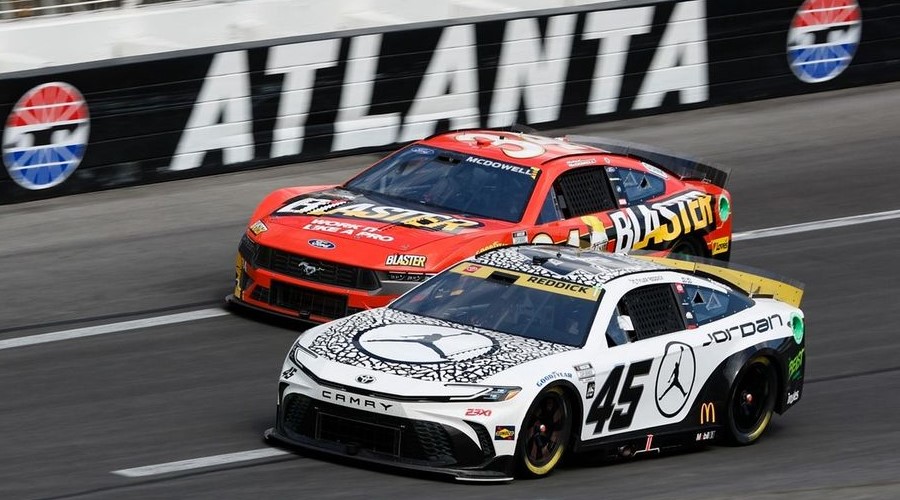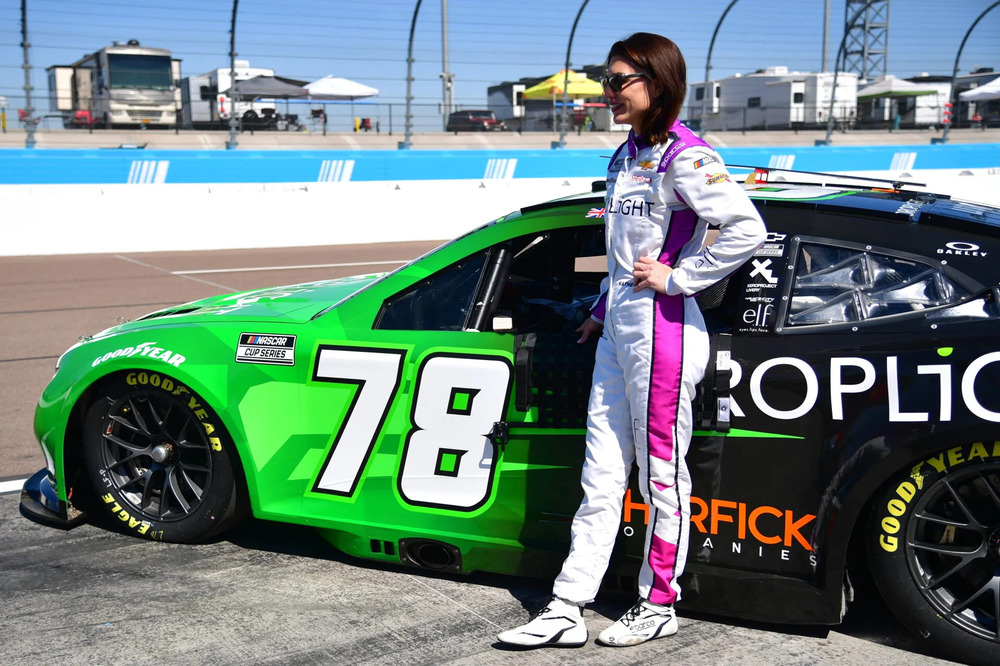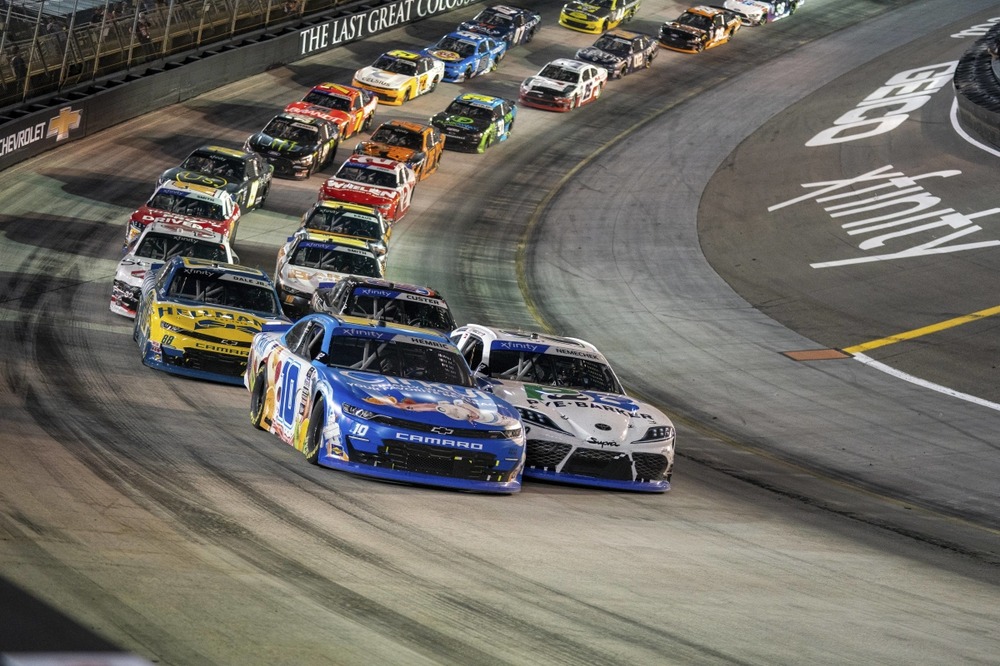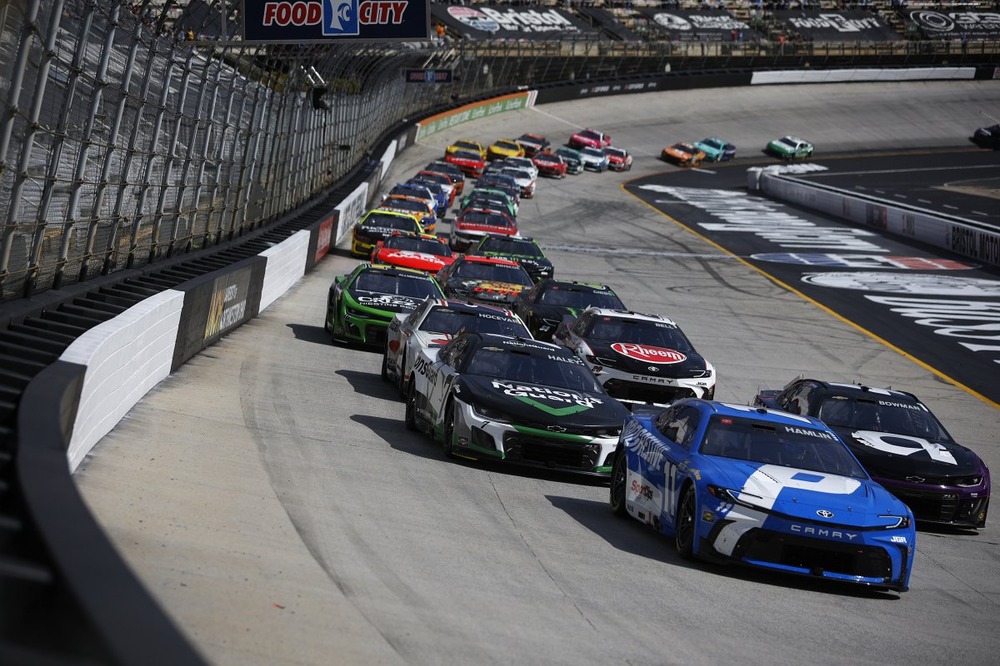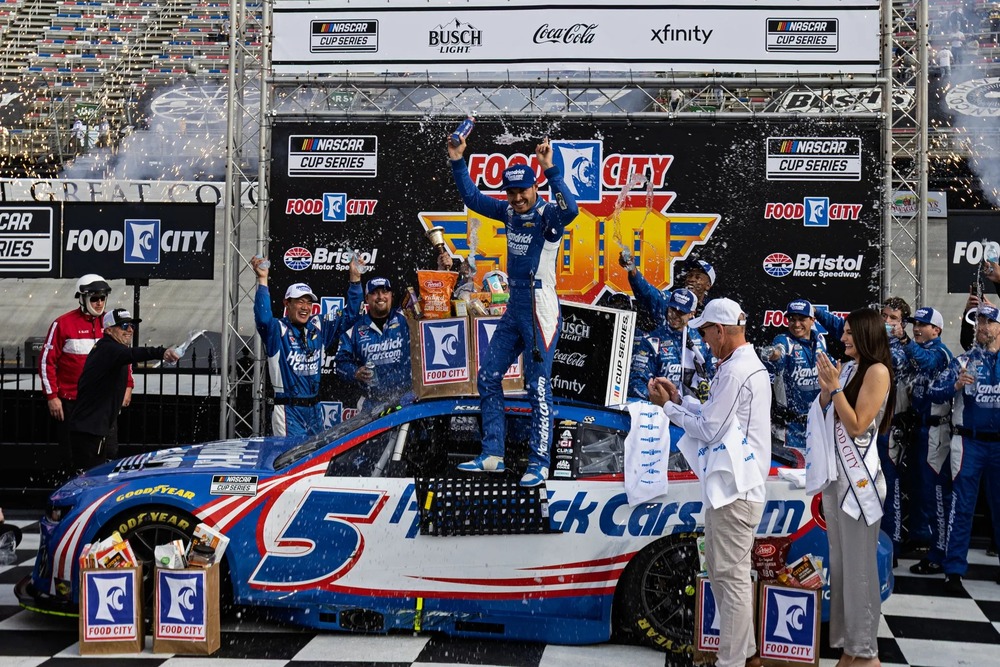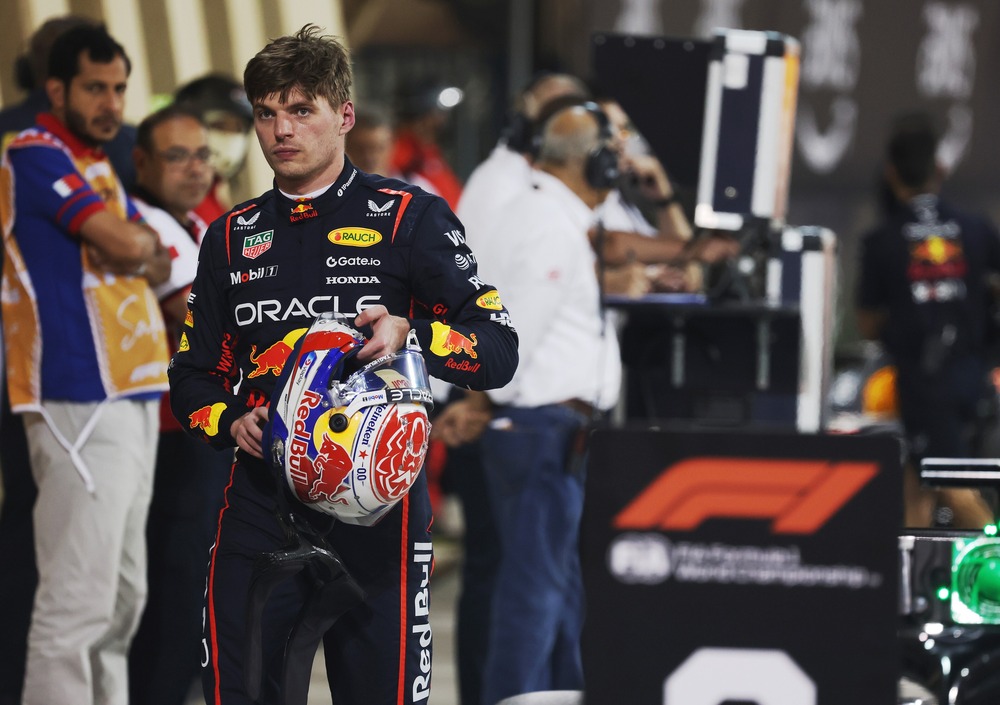The 23XI Racing and Front Row Motorsports antitrust lawsuit against NASCAR took another turn after the two teams had their motion for expedited discovery denied.
In a groundbreaking move that could reshape the landscape of professional stock car racing, 23XI Racing and Front Row Motorsports filed an antitrust lawsuit against NASCAR alleging that the organization engages in anti-competitive practices that violate federal law.
The antitrust lawsuit, which was filed in the U.S. District Court for the Western District of North Carolina on October 2, 2024, has sparked intense discussions within the racing community and raised questions about the governance of NASCAR.
Context of the Lawsuit
The lawsuit stems from a series of contentious issues regarding NASCAR’s charter system, which was designed to provide teams with a degree of financial stability and predictability. However, the plaintiffs argue that this system has evolved into a mechanism that stifles competition and favors a select group of teams at the expense of others.
23XI Racing, co-owned by NBA icon Michael Jordan and NASCAR driver Denny Hamlin, has quickly emerged as a competitive force since its establishment in 2020. The team fields cars for drivers Bubba Wallace and Tyler Reddick, both of whom have made significant strides in their careers under the team’s banner.
Meanwhile, Front Row Motorsports, founded by Bob Jenkins in 2005, has long been a staple in NASCAR, fielding cars for drivers like Michael McDowell and Todd Gilliland.
Core Allegations Against NASCAR
The antitrust lawsuit articulates several key allegations against NASCAR, focusing on practices that the plaintiffs believe undermine fair competition:
- Monopolistic Practices: The lawsuit claims that NASCAR operates as a monopoly, exerting undue influence over teams and dictating terms that limit their ability to compete effectively. The plaintiffs argue that this monopolistic control violates the Sherman Antitrust Act, which prohibits business practices that restrain trade.
- Unfair Charter Agreement: Central to the complaint is the recent charter agreement signed by 13 out of 15 chartered teams. The plaintiffs assert that this agreement is inherently unfair and coercive, effectively forcing teams to accept terms without room for negotiation.
- Lack of Transparency: The plaintiffs contend that NASCAR’s decision-making processes lack transparency, leaving teams in the dark about how critical decisions are made. This opacity is said to contribute to an uneven playing field where only certain teams can thrive.
- Restrictive Policies: The antitrust lawsuit highlights policies that prevent teams from participating in other racing series or events outside of NASCAR. This restriction limits opportunities for innovation and competition, further entrenching the sport’s control over its teams.
Statements from Team Owners
Michael Jordan has been particularly vocal about his frustrations with NASCAR’s governance structure. Following the filing of the lawsuit, he stated, “Our sport should be built on competition and fairness. The current state of affairs is not just unfair; it’s detrimental to our fans and the future of racing.”
Jordan emphasized his commitment to advocating for changes that would foster a more equitable environment for all teams.
Bob Jenkins of Front Row Motorsports echoed these sentiments, emphasizing the importance of fair competition for smaller teams.
“If we want to see our sport grow and thrive, we need to ensure that every team has a fair chance to compete,” Jenkins remarked. He expressed concern that without significant changes to NASCAR’s governance, many smaller teams could face financial instability or even extinction.
Legal Proceedings: Current Status
As part of their legal strategy, 23XI Racing and Front Row Motorsports have requested a preliminary injunction that would allow them to continue racing as chartered teams while litigation unfolds.
This request is crucial because it would enable them to maintain their competitive status without being forced into an agreement they deem unjust.
However, recent developments indicate potential hurdles ahead. A federal judge denied their motion for expedited discovery—a legal mechanism that would have allowed them quicker access to crucial documents from NASCAR executives related to their claims.
This ruling complicates their ability to gather evidence quickly as they prepare for their case. Despite the setback, both teams remain committed to pursuing their claims against NASCAR. They argue that gaining access to internal communications and decision-making documents is vital for establishing their case regarding anti-competitive practices.
Anticipated Next Steps
In the coming weeks, several key events are expected as part of this ongoing legal battle:
- Hearing on Preliminary Injunction: A hearing is set where the judge will evaluate whether to grant the preliminary injunction requested by 23XI Racing and Front Row Motorsports. This decision will be pivotal in determining whether they can compete under current charter agreements while litigation continues.
- NASCAR’s Response: As part of standard legal proceedings, NASCAR will likely file a response outlining its defense against the allegations presented by the plaintiffs. This response may include arguments asserting that their governance structure is necessary for maintaining order within the sport.
- Discovery Process: Although expedited discovery was denied, both parties will engage in standard discovery processes where they can exchange information relevant to the case. This phase will be critical in shaping the arguments presented by both sides.
Broader Implications for NASCAR
The outcome of the antitrust lawsuit could have far-reaching implications not just for 23XI Racing and Front Row Motorsports but also for all chartered teams within NASCAR.
If successful, it may lead to significant reforms within NASCAR’s governance structure, potentially increasing transparency and allowing more equitable terms for all competing entities.
Moreover, this legal action underscores growing concerns about monopolistic practices within professional sports leagues. As more stakeholders advocate for change within NASCAR, there may be increased pressure on the organization to adopt more inclusive practices benefiting all participants rather than favoring a select few.
Industry Reactions
The announcement of this lawsuit has elicited varied reactions from within the racing community:
- Support from Other Teams: Several smaller teams have expressed support for 23XI Racing and Front Row Motorsports’ efforts, indicating they share similar frustrations with NASCAR’s governance structure. Many believe that if these two teams succeed in their lawsuit, it could pave the way for broader reforms affecting all chartered teams.
- Skepticism from Larger Teams: Conversely, larger teams with more resources have been more cautious in their responses. Some fear that changes resulting from this lawsuit could disrupt established relationships within NASCAR or lead to unintended consequences affecting overall competition levels.
- Fan Reactions: Fans have also weighed in on social media platforms, with many expressing support for greater transparency and fairness within NASCAR. The sentiment among fans indicates a desire for a more competitive environment where underdog stories can flourish alongside established powerhouses.
Conclusion
The antitrust lawsuit filed by 23XI Racing and Front Row Motorsports against NASCAR represents a pivotal moment in stock car racing history. With allegations centered around monopolistic control and anti-competitive practices at its core, this case could significantly alter how NASCAR operates moving forward.
As developments continue to unfold in this high-stakes legal battle—one involving prominent figures like Michael Jordan—the implications extend beyond just these two teams; they touch upon fundamental issues of fairness and competition in professional sports as a whole.
The outcome remains uncertain as both sides prepare for what promises to be an intense legal confrontation with potentially transformative consequences for stock car racing

